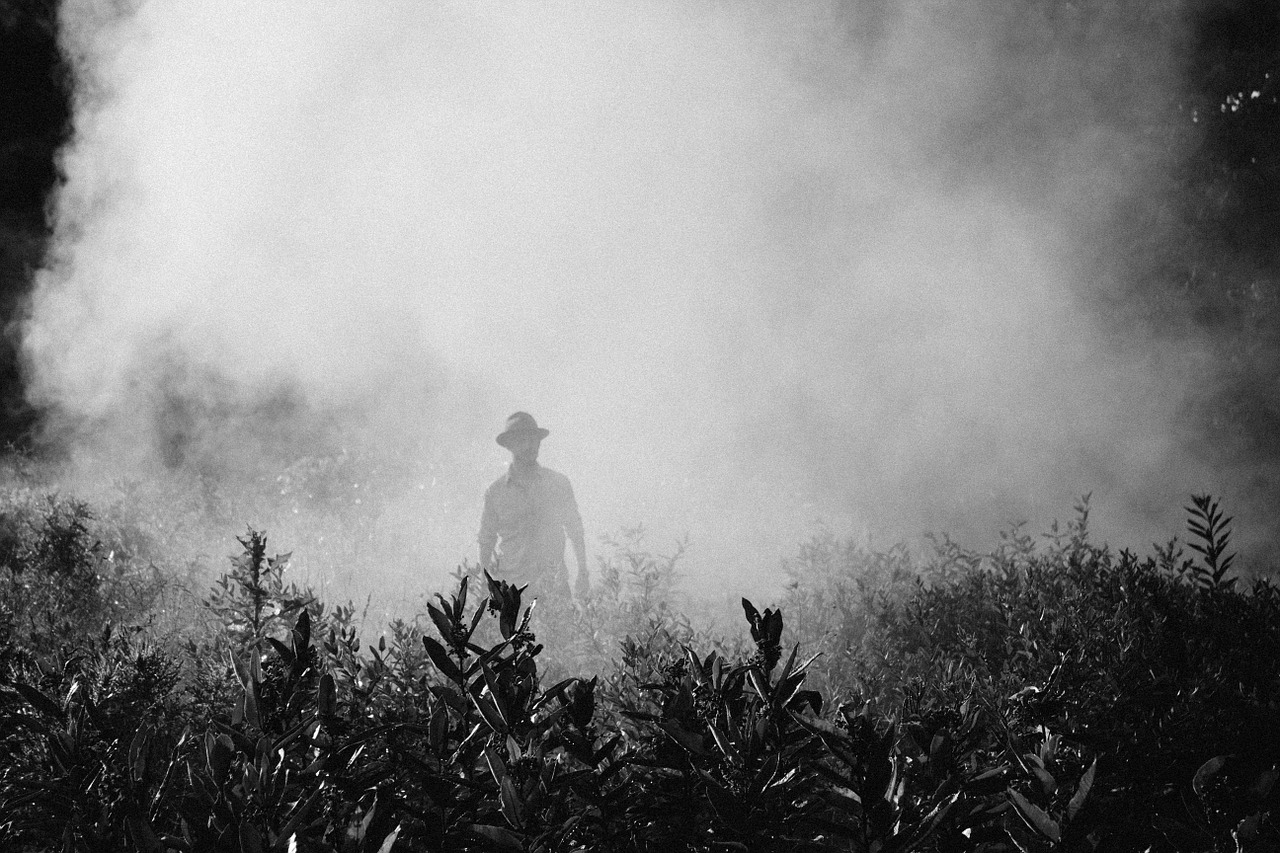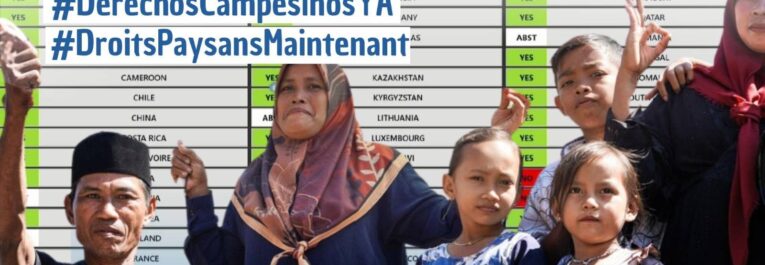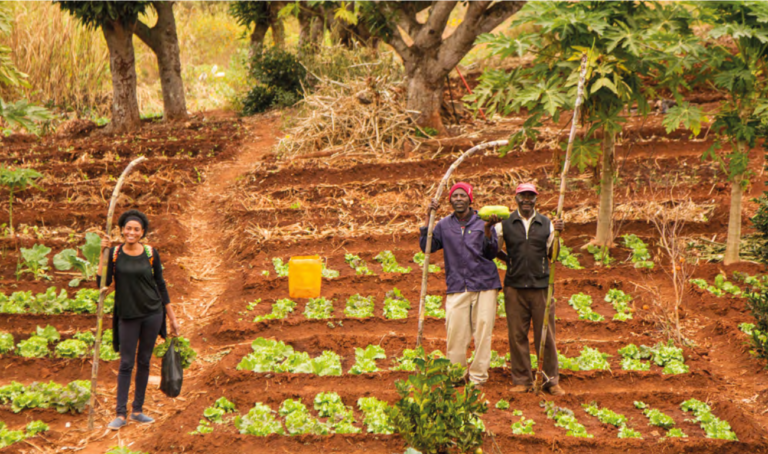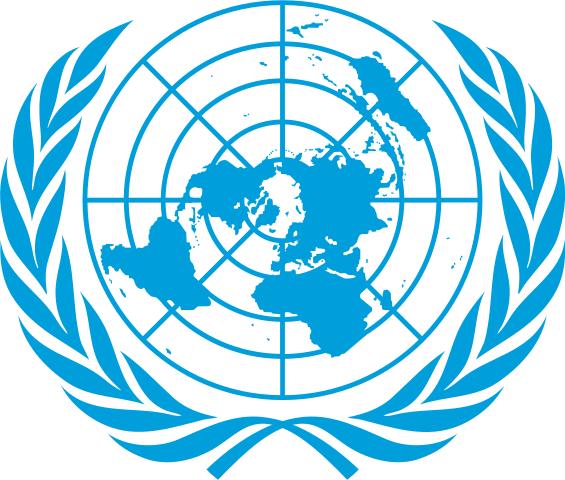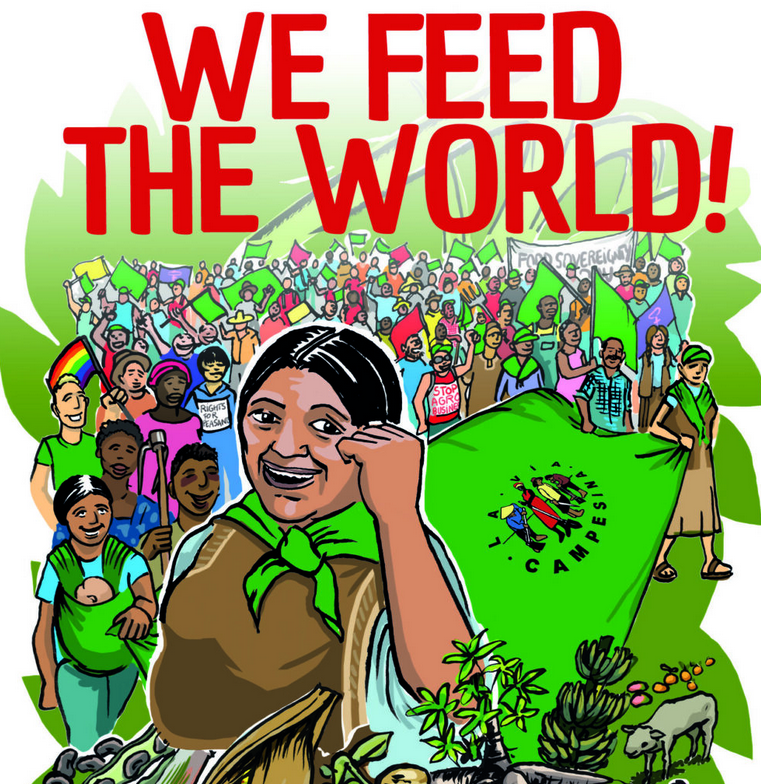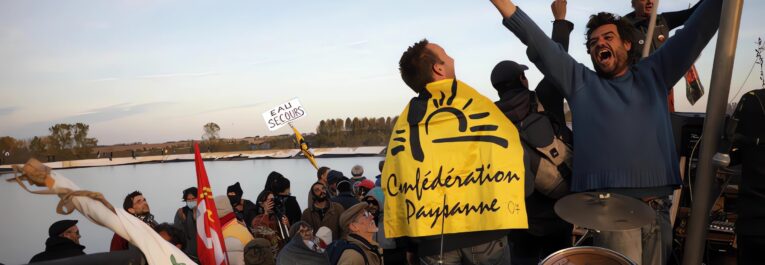UN Human Rights Committee protects the right to land in Paraguay using the UNDROP
At the global level, in 2019 the Human Rights Committee – which is responsible to monitor the implementation of the International Covenant on Civil and Political Rights (ICCPR) in the more than 170 States Parties to the ICCPR – became the first UN Treaty Body to refer to the UNDROP, in its decision in Portillo Cáceres and Others v. Paraguay.
Rubén Portillo Cáceres and members of his family are peasants engaged in family farming in Paraguay. They live in a community that received land under the agrarian reform programme in 1991. They sent a communication to the UN Human Rights Committee in 2016, claiming that massive use of agrochemicals (pesticides and insecticides) in nearby large plantations had poisoned several of them, led to the death of their relative Ruben Portillo Cáceres, and polluted their land and other natural resources.
In July 2019, in its decision in this case, the Human Rights Committee found violations of the rights of Cáceres family members to life, to privacy, family, and home, and to an effective remedy – all enshrined in the ICCPR – because of the failure of the state to enforce environmental regulations and to redress the resulting harms.
The Human Rights Committee explained that Mr. Portillo Cáceres and members of his family depended on their crops, fruit trees, livestock, fishing, and water resources for their livelihoods. It added that they have a special attachment to and dependency on the land, using the words of and referring to Article 1 of the UNDROP. For the Committee, these elements can therefore be considered to fall under the scope of “home”, i.e. the place where a person resides or carries out his or her usual occupation. As the pollution has had direct repercussions on the Cáceres family’s crops, fruit trees, livestock, fishing, and water resources, their right to privacy, family, and home had been violated.
This decision sets an important precedent, as many other peasant families and communities, who are victims of violations of their right to land and other natural resources, could also complain to the UN Human Rights Committee, and obtain a similar decision against their state.
Views of the UN Human Rights Committee, https://undocs.org/CCPR/C/126/D/2751/2016

